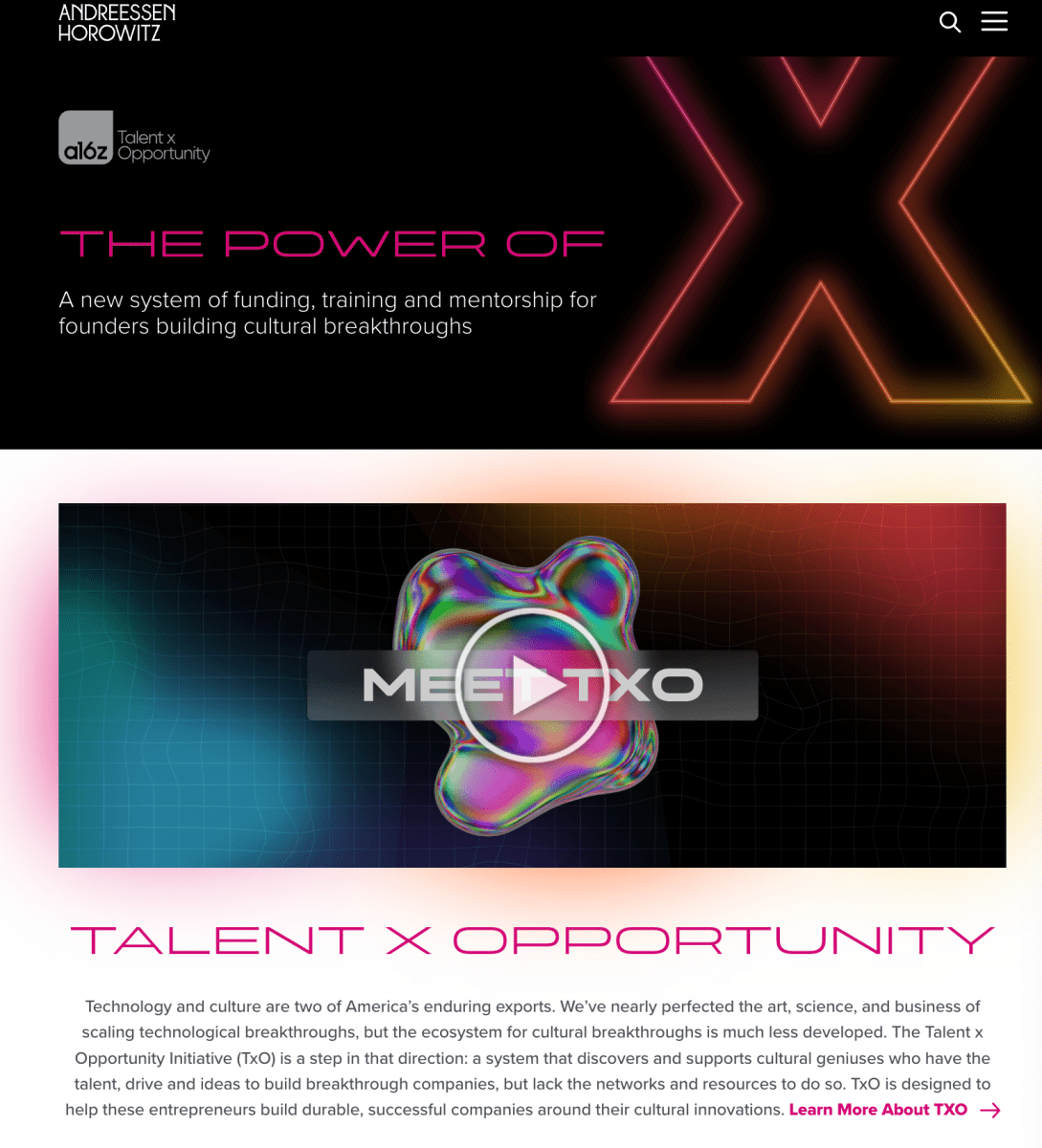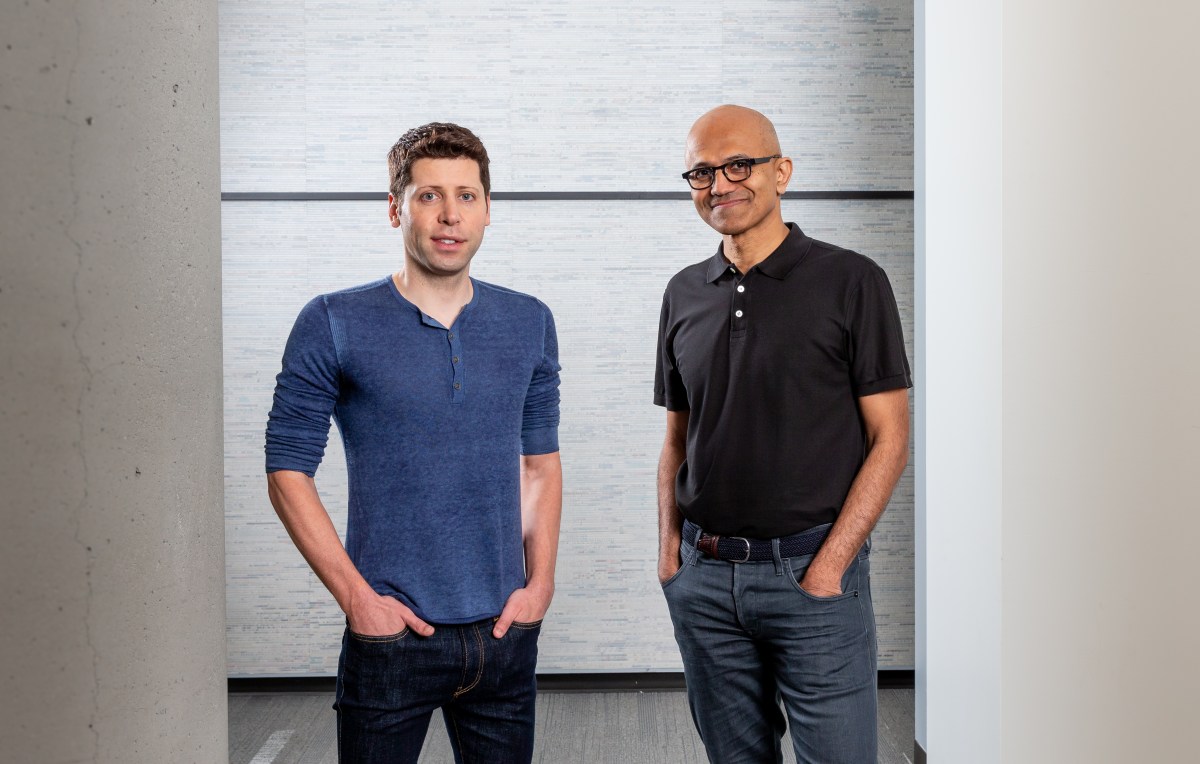

As companies double down on emerging technologies like AI, cloud, cybersecurity and advanced analytics, they are redefining what it means to be employable and how India’s education ecosystem must adapt.
“As of 2025, hiring priorities and learning strategies of companies reveal a decisive shift toward AI-driven, digital and cloud-native and cybersecurity-first ecosystems, creating a new hierarchy of skills, career paths and opportunities in education and EdTech,” Roop Kaistha, regional MD of APAC at AMS, told AIM.
Adding to this, Neeti Sharma, CEO of TeamLease Digital, shared, “AI/ML coding, data science and data engineering are the most sought-after learning programmes right now.”
TeamLease Digital’s latest analysis reinforces this transformation, showing that GCCs are paying premium salaries for specialised roles in AI, cloud architecture, cybersecurity and data engineering. Compensation trends clearly indicate that skill depth and adaptability are now the ultimate career accelerators.
Let’s take a look at the top 10 tech skills driving how GCCs are building and scaling their talent strategies.
1. Generative AI Engineering (~ ₹34.5 LPA)
The fastest-rising star on the skills map, generative AI engineering leads salary benchmarks as GCCs race to integrate AI across products and services.
Roles like GenAI engineers and natural language processing (NLP) specialists are driving innovation in automation, personalisation and content generation. This new-age skill is redefining how data and creativity intersect.
Salaries for generative AI engineers are among the highest in the tech industry, reflecting the niche expertise and growing global demand for talent in this space.
2. MLOps (~ ₹33 LPA)
MLOps engineers are a crucial bridge between AI research and real-world deployment, who operationalise machine learning models at scale.
An MLOps engineer sits between machine learning, software/data engineering and DevOps, combining best practices from all to enable successful deployment and management of machine learning models in production environments.
As GCCs mature their AI strategies, this hybrid skill combining data science and DevOps is rapidly gaining prominence.
3. Cybersecurity (₹15-30 LPA)
As digital ecosystems expand, the demand for cybersecurity analysts and SOC specialists soars.
GCCs are doubling down on cyber defence frameworks to safeguard global operations, making cybersecurity one of the most lucrative and mission-critical tech domains.
The field offers strong financial rewards even for entry-level professionals. Beyond strong remuneration, cybersecurity provides unmatched job security, as the rising tide of cyber threats ensures that skilled professionals will always be in demand.
With roles ranging from hands-on technical positions to management and policy-making, the field offers something for everyone.
4. Cloud Computing (~ ₹26 LPA)
Cloud continues to be the backbone of digital infrastructure. Cloud architects and infrastructure engineers skilled in AWS, Azure or Google Cloud Platform are key enablers of scalability and resilience for global businesses operating from India.
At the top of the hierarchy, cloud architects (₹20-30 Lakhs/year) define a company’s overall cloud strategy, overseeing design, adoption and management of solutions to ensure performance, scalability and security.
5. Data Engineering (~ ₹25 LPA)
Data is the new oil, and data engineers are its key refiners. With the explosion of big data, GCCs are investing heavily in building robust data pipelines and ETL processes. Specialists who can turn raw data into actionable intelligence are in high demand.
A data engineer plays a crucial role in designing, building, and maintaining systems that collect, store and analyse data efficiently. Professionals must master one or more programming languages such as Python, Java, SQL or PHP, with or without frameworks or CMS tools.
They also need strong expertise in database management, and must understand data modelling, normalisation and security principles to ensure accuracy and confidentiality. A strong command of mathematics and statistics is also essential.
As one of the most in-demand roles in today’s tech landscape, data engineering offers strong career prospects and competitive pay.
6. DevOps & CI/CD (~ ₹23.5 LPA)
In the agile era, DevOps engineers are indispensable. They ensure seamless collaboration between development and operations teams while optimising deployment cycles. GCCs value this skill for accelerating product delivery without compromising quality.
In a DevOps-oriented organisation, accountability for application development, testing and release is distributed across the entire engineering and IT organisation.
DevOps teams are typically autonomous and multi-skilled, with a service mindset that prioritises quality by addressing defects early. Platform teams are responsible for deploying and maintaining internal developer platforms that provide self-service tools for coding, building, testing and releasing software.
7. Full Stack Development (~ ₹22 LPA)
Versatility pays off. Full-stack development is a dynamic field that encompasses both front-end and back-end technologies, requiring professionals to be versatile and capable of managing a wide range of tasks across the software development lifecycle.
Full-stack developers, fluent across front-end and back-end technologies, remain in steady demand as GCCs scale digital products for global users. Their ability to deliver end-to-end solutions makes them vital to any tech ecosystem.
The roles within this domain vary based on experience and responsibility, reflecting the breadth of skills needed to build and maintain complete web applications.
8. API & Microservices Development (~ ₹21 LPA)
With the rise of modular architectures, API developers and backend engineers are essential to creating scalable, connected digital ecosystems. Their work underpins the interoperability that powers fintech, healthcare and e-commerce applications.
A microservices developer is a professional specialising in designing, developing and maintaining applications built using microservices architecture, where an application is composed of loosely coupled, independently deployable services.
These developers are responsible for creating scalable, resilient and efficient microservices that support complex and distributed systems. To excel in this role, proficiency in programming languages such as Java, Python or Node.js, and a strong understanding of microservices principles and patterns are required.
9. Business Analytics (~ ₹19.5 LPA)
GCCs are increasingly data-driven, and business analytics professionals translate raw data into business insights. Roles like BI analysts and data visualisation specialists are critical in guiding executive decision-making.
Business analysts are responsible for gathering and analysing business requirements by conducting stakeholder interviews and performing research, defining problem areas and outlining solution scopes.
To drive data-informed decisions, business analysts are proficient in tools such as SQL, Tableau, Power BI and Excel, enabling them to extract meaningful insights from complex datasets.
10. Low-Code Development (~ ₹18 LPA)
The low-code revolution is democratising software creation. Low-code developers and app developers empower business teams to build functional applications quickly, accelerating innovation cycles within GCCs.
Low-code is a visual approach to software development that accelerates application delivery by minimising the need for hand-coding. Low-code platforms automate key aspects of the development process, reducing reliance on traditional programming methods.
These platforms democratise app development, enabling “citizen” developers, such as business analysts or project managers with limited formal coding experience, to build and deploy applications efficiently.
(All information contained in this list has been obtained from TeamLease Digital and other publicly available domains.)
.png)











